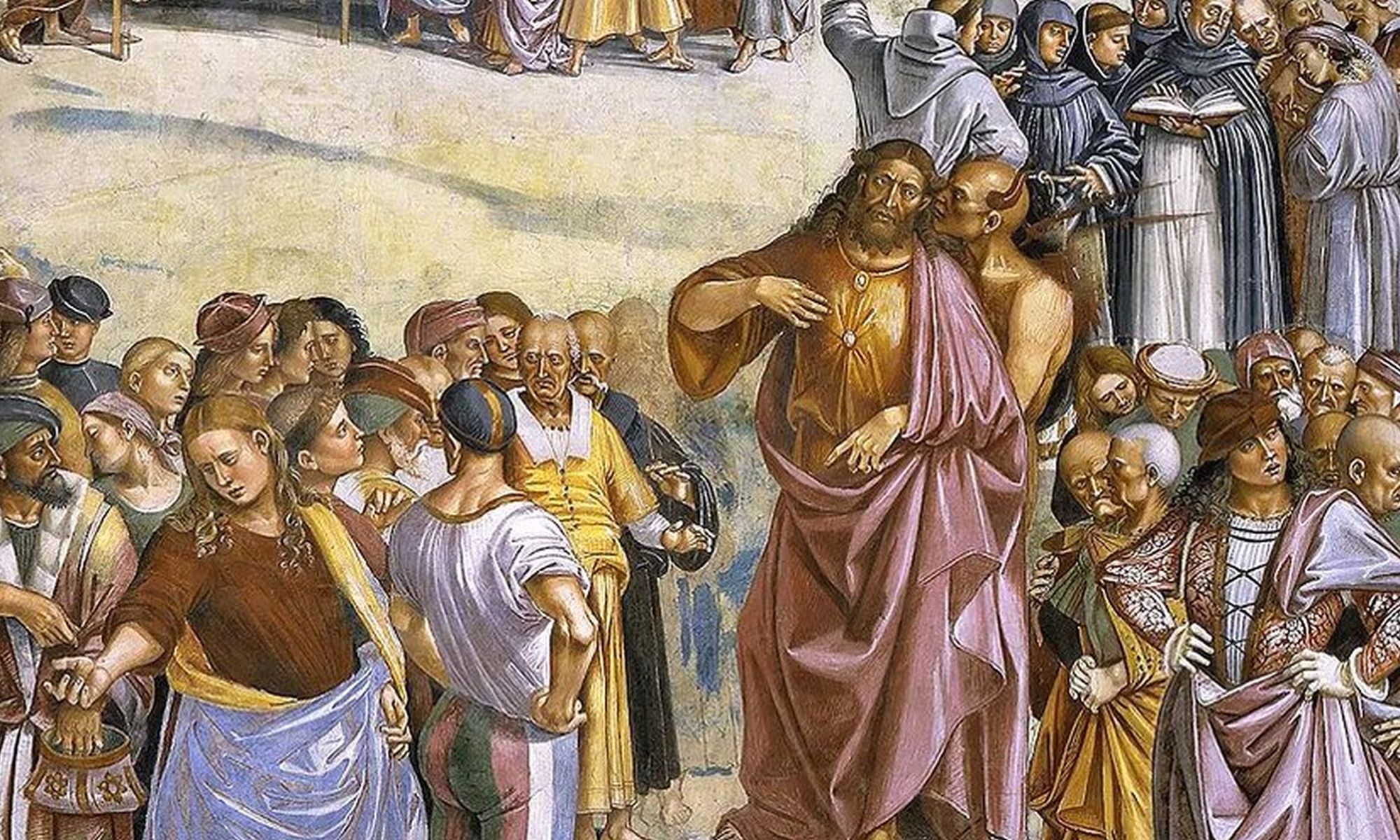Telomeres are often discussed in the context of aging and the potential for extending human lifespan or even achieving “eternal youth.” They are the protective caps at the ends of chromosomes that prevent DNA from degrading during cell division. Every time a cell divides, its telomeres shorten slightly, and when they become too short, the cell can no longer divide, leading to aging and cell death. This process is believed to contribute to aging at the cellular level, as well as the development of age-related diseases.
Telomeres and Aging
The idea that telomeres hold the key to youth and longevity is based on the observation that as telomeres shorten, the cells become less efficient and eventually stop dividing, entering a state called senescence. Senescent cells accumulate in the body as we age, contributing to tissue damage, inflammation, and the overall aging process.
Telomerase: The Key to Reversing Aging?
Telomerase is an enzyme that can lengthen telomeres by adding DNA back to the ends of chromosomes. In certain cells, such as stem cells and germ cells, telomerase activity is naturally higher, allowing these cells to divide more times without losing their function. This has led to speculation that activating telomerase in other types of cells could potentially reverse aging or at least slow it down.
However, there are challenges with this idea:
- Cancer Risk: Cancer cells often hijack telomerase to become “immortal,” allowing them to keep dividing uncontrollably. Increasing telomerase activity in normal cells could, in theory, increase the risk of cancer.
- Complexity of Aging: Aging is influenced by more than just telomere shortening. Factors like mitochondrial dysfunction, DNA damage, epigenetic changes, and lifestyle factors all play a role. Telomere extension alone might not address these other factors.
Research and Possibilities
There is ongoing research into therapies that target telomeres and telomerase, including:
- Telomerase Activators: Certain compounds, like TA-65, have been marketed as telomerase activators, although scientific support is still debated. Some studies have shown modest benefits in animal models, but robust human studies are limited.
- Gene Editing: Gene-editing technologies like CRISPR might one day enable precise control over telomerase, opening the door to more targeted anti-aging therapies.
- Lifestyle: Interestingly, some studies suggest that lifestyle factors—like a healthy diet, regular exercise, stress reduction, and sufficient sleep—may help maintain telomere length and slow the aging process naturally.
Telomeres and “Eternal Youth”
While telomere research is promising in the context of anti-aging, the concept of “eternal youth” remains theoretical. Lengthening telomeres could slow down aging, but achieving “eternal youth” would require addressing a range of other aging mechanisms as well. Current research is aimed at understanding how to safely harness telomerase without adverse side effects, particularly cancer.
In summary, while telomeres play a significant role in aging, “eternal youth” remains a distant goal, and the science is still in its early stages.

